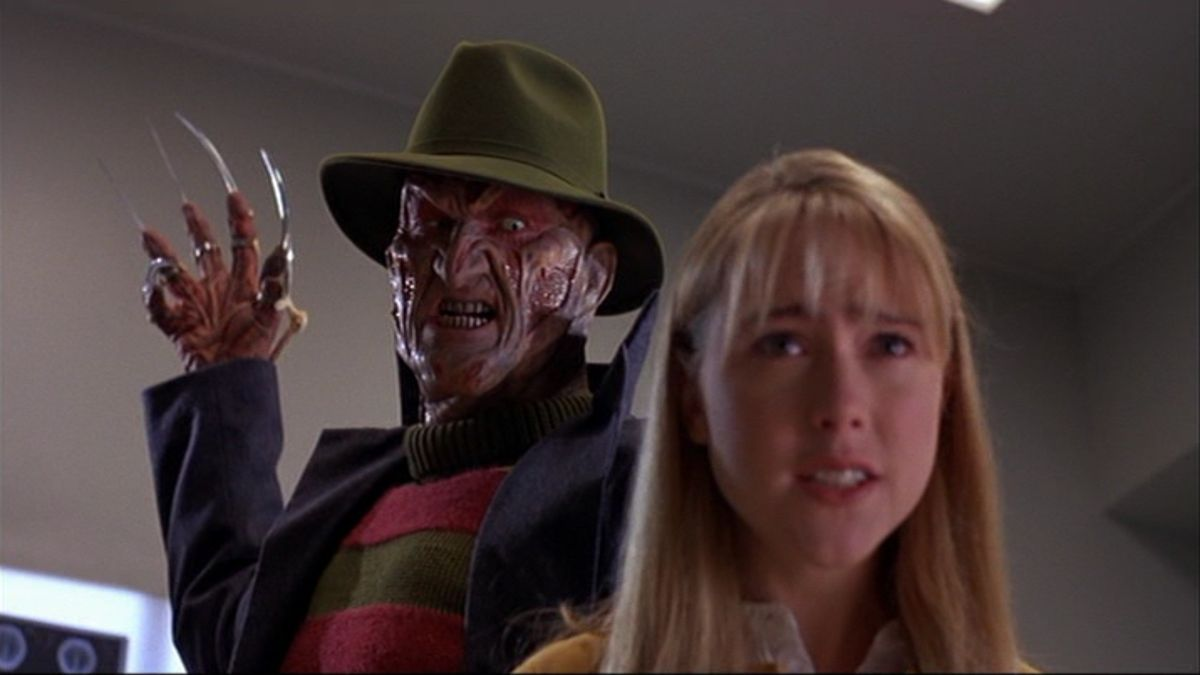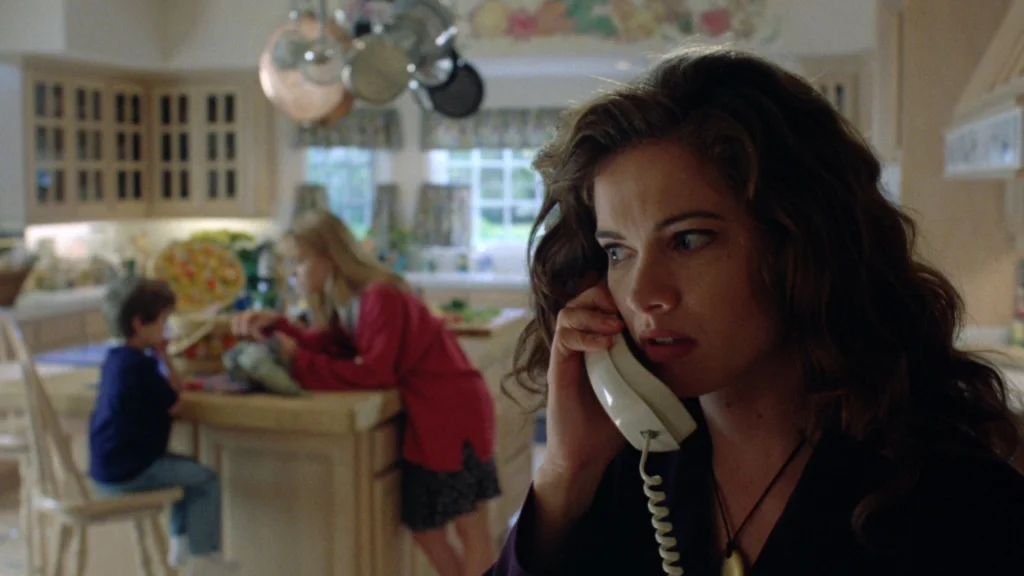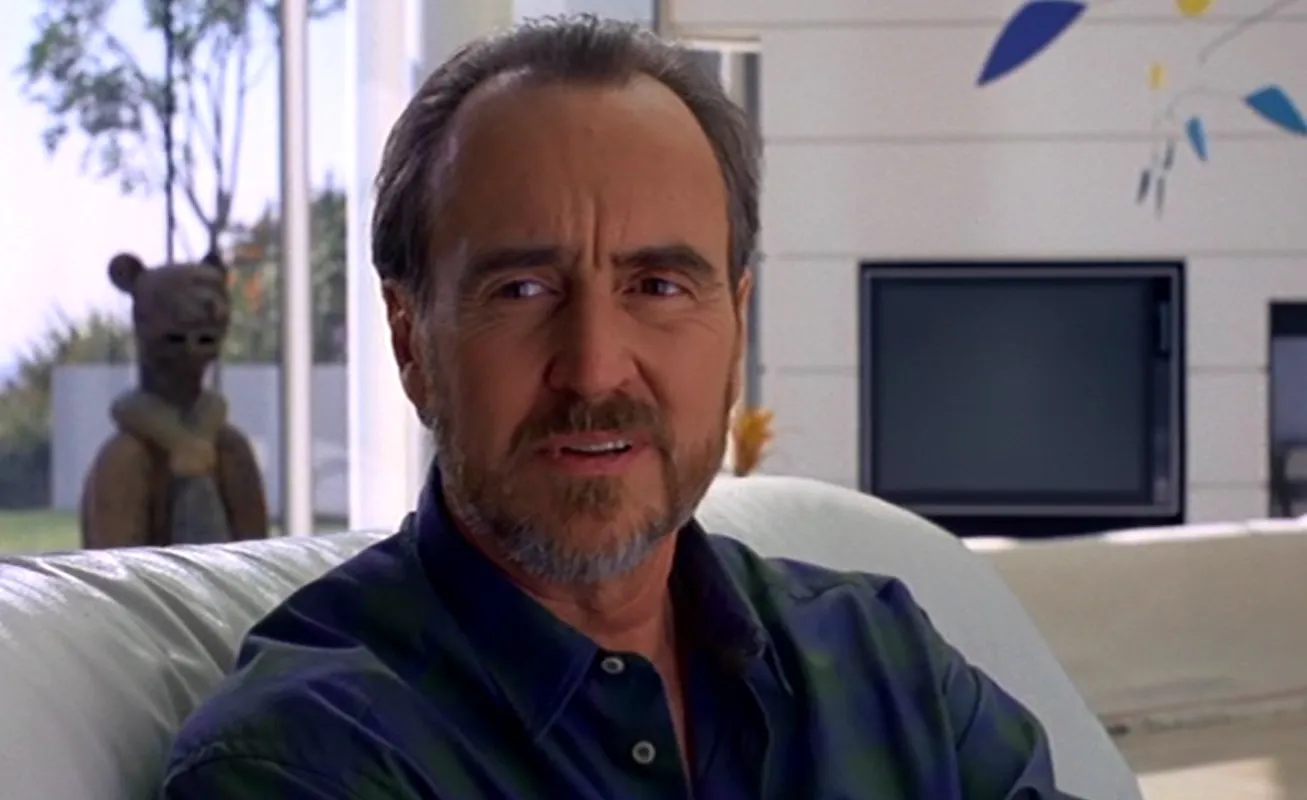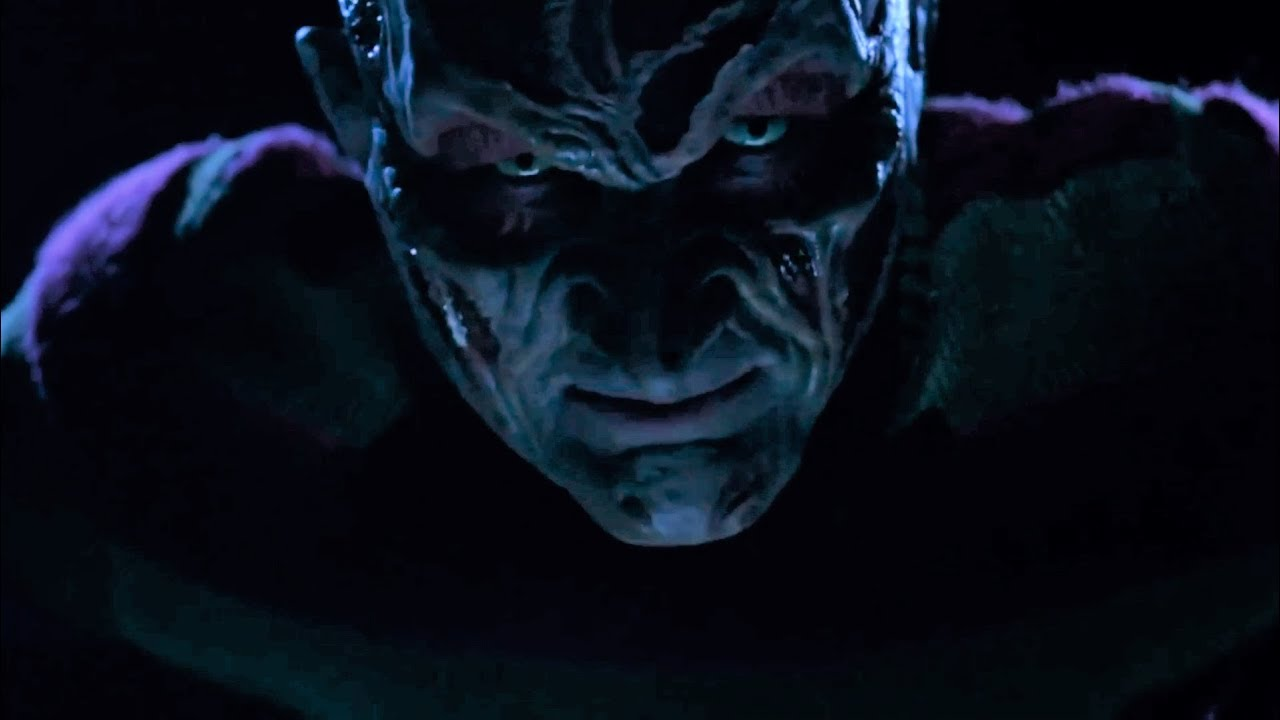Wes Craven’s New Nightmare (1994)—The Best Nightmare on Elm Street Film?

In 1984, Wes Craven released one of his most popular films to theaters, A Nightmare on Elm Street. The film was so successful that New Line Cinema planned several sequels, with mixed reception. After these sequels, Wes Craven decided to make what would be a meta slasher film that served as the seventh film in the Nightmare on Elm Street franchise. The film revolved around Freddy Krueger as a fictional character haunting the cast and crew during the making of the next Nightmare on Elm Street film.
Craven wanted to make a movie that was less cartoonish than the sequels that came after his original film. To do this, he made Freddy Krueger darker and more in line with his original vision, complete with a dark trench coat and more gruesome looking burn scars. Additionally, his glove was made to appear more organic, complete with bone and muscle, almost as if Kruger had replaced his real hand with the clawed hand. And I have to say, this is probably my favorite physical interpretation of Freddy Krueger. To me, he looks far more menacing than any of the other Nightmare on Elm Street films, remake included.

Speaking of Freddy Krueger, Krueger was reimagined as being a personification of evil, an entity that has been killing people for centuries. His goal is to reach the real world by killing Heather Langenkamp, since she’s the gatekeeper of the world due to killing Freddy Krueger in the first Nightmare on Elm Street. Craven worked this into his story by subtly dropping hints of the Entity’s existence, for example, having the witch’s stockings in Hansel and Gretel sport the red and green striped pattern of Freddy’s sweater. Another reference to Hansel and Gretel was how Heather found her way to the Entity’s lair to rescue her son, Dylan by following Dylan’s sleeping pills like Hansel and Gretel did with the bread crumbs.
Heather Langenkamp plays herself in addition to Nancy Thompson in the film. Langenkamp was compelled to return to the franchise after reading Craven’s script. Most of the cast plays themselves with Craven even appearing. Craven wanted the film to blur the lines between reality and fiction. This was the reason why the film didn’t have an opening credits sequence. Additionally, Craven incorporated elements of Langenkamp’s personal life into the film to make it feel more real. For instance, Heather’s husband in the film is a VFX artist, just like in reality. The scenes where Freddy harasses Heather on the phone is also pulled directly from her life. Heather dealt with a stalker after her work on the first Nightmare on Elm Street film, and briefly moved to England to avoid the calls.

New Nightmare was produced on a budget of $8 million and made $19.8 million at the box office, making it the poorest performing film within the franchise. Despite this, the film received strong reviews from critics. This is the same treatment that films such as 2012’s Dredd and Superman Returns received. Unlike those films however, New Nightmare received a sequel in the form of Freddy vs. Jason. Personally, I think this movie is one of the stronger if not strongest installments of the Nightmare on Elm Street franchise. Wes Craven is a master at horror and pioneered the genre with films such as Scream, which made fun of the typical slasher subgenre. While New Nightmare is one of his less popular films, I see it as one of his most underrated films. While Craven always wished to direct romance films, he became most renowned for his horror films.
This was the first Nightmare on Elm Street movie I saw, as I was introduced to Freddy Krueger and Jason Voorhees from Freddy vs. Jason. When I first watched this movie at 9 years old, I was scared out of my wits. I would often have nightmares of Freddy Krueger trying to drag me under my bed sheets. However, as I grew older, I didn’t find this film as scary, only mildly creepy. I was more interested in how the film blurs the fine line between reality and fiction. While the film never reaches the depth of Satoshi Kon’s Perfect Blue or Paprika, it certainly is a bit of a trip. Personally, I wished we saw more of Freddy Krueger in his redesign, but then again, the movie was more about Heather and blurring that line of reality.

For a film that came out in 1994, the special effects held up wonderfully for the most part. My favorite moment was the layout of the Entity’s lair. The lair itself contained various elements of historical periods in addition to keeping true to Krueger’s red-green color scheme. Additionally, when the lair blew up when Heather and Dylan defeated the Entity, the shot was completely done with miniature models, which I initially had difficulty distinguishing apart from the real set. However, the digital effects, particularly the CGI and green screen is where the film falters. Two scenes stick out to me: one being the highway sequence where Freddy dangles Dylan in front of moving cars and the scene where Heather falls down to the Entity’s lair. Both contained effects that didn’t mesh well with the actors.
Despite these weaknesses, Wes Craven’s New Nightmare has to be one of my favorite films in the Nightmare on Elm Street franchise. With a strong script from Wes Craven, solid performances by the cast and a reimagined story by Craven himself, New Nightmare is an underrated film that should deserve more recognition and respect in the horror community for doing something innovative in the horror genre. Today, not too many horror films break new ground and it’s truly sad to see this genre become sullied by inferior remakes and reboots. Horror as a genre can be used to explore the darkest aspects of human nature at its root and to explore current societal norms. While Wes Craven may have passed away in 2015, his legacy continues to live on, and recently, horror has seen a new light with films such as The VVitch and The Lighthouse. With this resurgence, New Nightmare may soon get the recognition it deserves.









